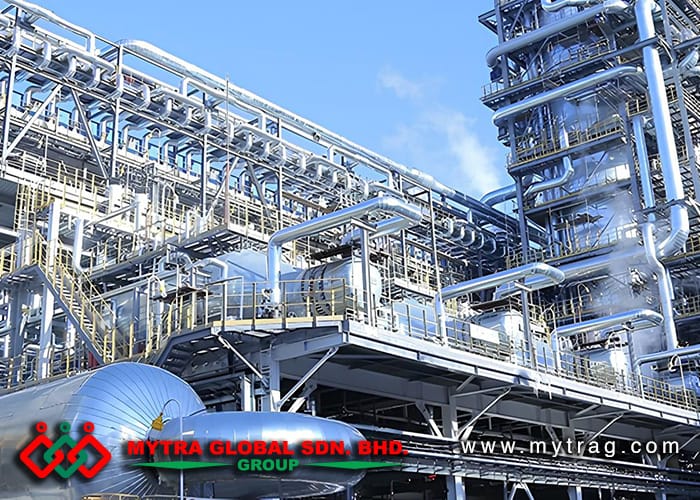Mytrag.com – Saudi Arabia, the world’s largest crude exporter, has raised the price of its flagship Arab Light crude for Asia more than expected, amidst high volatility in global oil markets due to escalating tensions in the Middle East. The price hike comes at a time of heightened uncertainty following the ongoing Israel-Iran standoff, which has fueled an 8% rally in oil prices last week.

Saudi Aramco announced over the weekend that it would increase the price of its Arab Light crude for November deliveries to Asia by $0.90 per barrel, setting it at a $2.20 premium per barrel above the Dubai/Oman benchmark. This price hike surpassed expectations, as refiners and traders in Asia had anticipated a more modest rise of $0.65 per barrel. The Dubai/Oman benchmark is used by Middle Eastern producers to price oil shipments to Asia, their largest market.
While the price was raised for Asia, Saudi Arabia opted to cut the prices of all its crude grades for the U.S. and Europe for the same period. According to ING commodities strategists Warren Patterson and Ewa Manthey, this move may be an effort to regain market share in the European market. They also suggested that the divergent pricing strategies indicate possible regional supply-demand imbalances.
In the previous month, Saudi Arabia had lowered its official selling prices (OSPs) for October to Asia, citing weak refining margins in China and declining Dubai benchmark prices. The price cuts had led to expectations of increased Saudi crude exports to China. However, the latest price increase signals that Aramco may be anticipating stronger demand in Asia moving forward.
This decision comes shortly after OPEC+ announced that it would maintain its current production policy, with plans to start increasing supply in December. The rise in prices also coincides with the growing geopolitical tensions in the Middle East, which have contributed to surging oil prices globally.